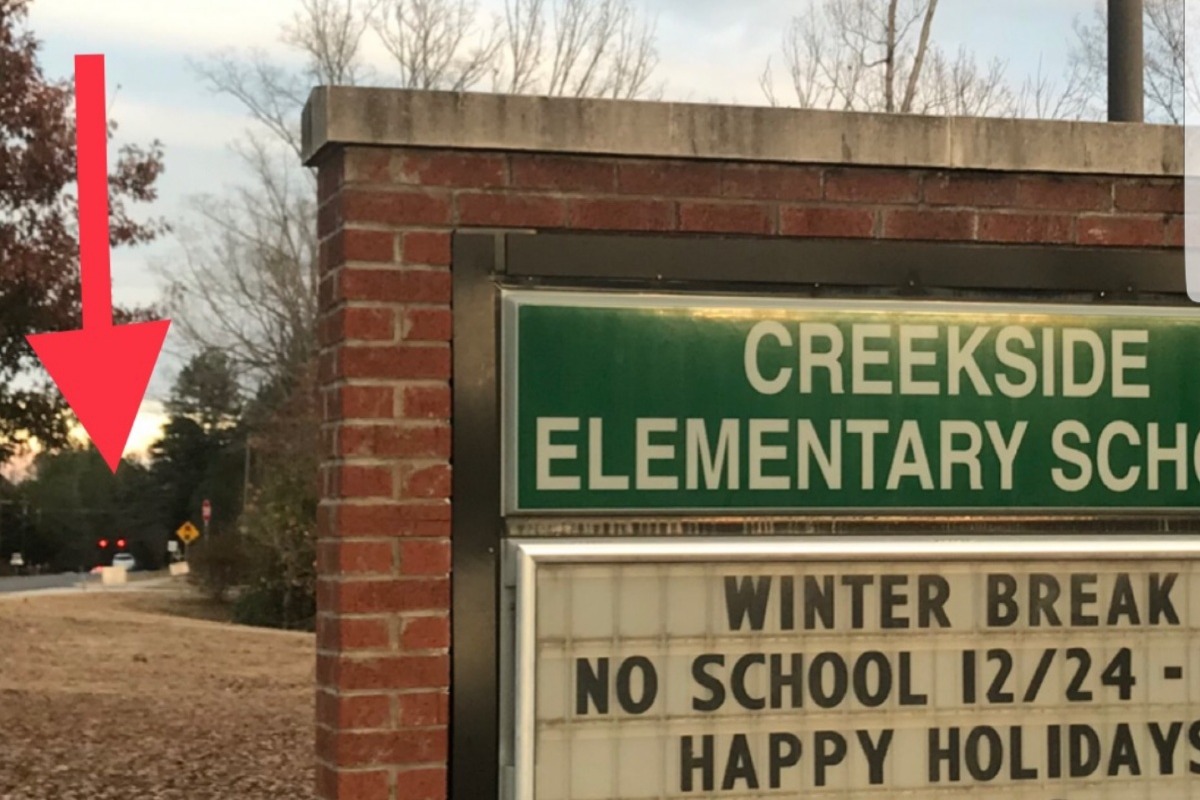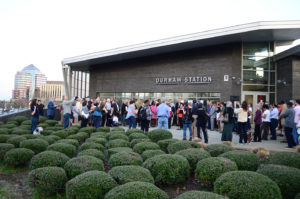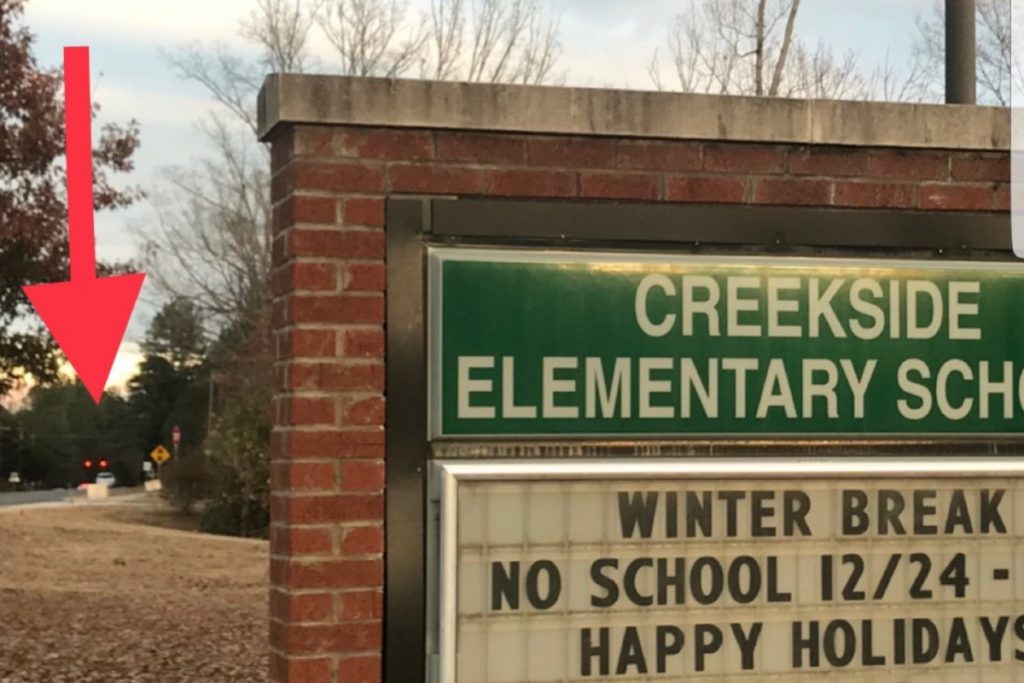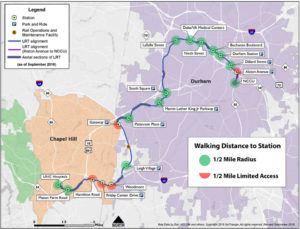Open Meetings and Public Records Law
 On January 10th, 2019, GoTriangle officials met with Orange County and Durham County elected officials around a conference table in downtown Durham to discuss recent route and cost challenges to the Durham Orange Light Rail project. (This is not a photo of the actual meeting.)
On January 10th, 2019, GoTriangle officials met with Orange County and Durham County elected officials around a conference table in downtown Durham to discuss recent route and cost challenges to the Durham Orange Light Rail project. (This is not a photo of the actual meeting.)
Many assumed that given the intense public interest in a meeting between GoTriangle officials and elected officials occurring at a critical time that this meeting would be open to the public. We anticipated that that the topics covered would include how taxpayer funds will be used, proposed trade-offs and cuts, and what taxes might be needed to pay for the additional costs.
When we asked for meeting details, we were surprised to learn that GoTriangle and other elected officials did not consider this meeting subject to the open meetings law. Interim Director of Operations for GoTriangle John Tallmadge and Durham Mayor Steve Schewel did not say why the meeting could not be open to the public.
An expert at the Institute for Government told us it was possible to close the meeting if that’s the way elected officials and GoTriangle structured it. But should a meeting involving huge expenditures of tax payer funds be closed? A meeting that is not open to the public denies the public critical time-sensitive information about this controversial project. Significantly it also denied other Orange County Commissioners important information they will need when the time comes to vote.
Fortunately all records generated by the meeting are subject to the public records law. Through such a request we received a Powerpoint from the January 10 meeting that we sent to public officials. It revealed important costs for design changes that could amount to more than 500 million more dollars. Commissioner Marcoplos and Chair Penny Rich attended the January 10 meeting representing the Board of Commisoners. It was not until weeks later after we shared a copy of the powerpoint from public records request that Mark Marcoplos sent information to his colleagues. If it were not for the public records request, elected officials might still be in the dark.
Citizens have the moral right to hear and understand discussion on matters which will affect them, especially since anything the group of elected representatives decided on will not likely be altered by your respective elected boards. Otherwise, we have in essence, critical public policy made behind closed doors. We can do better and we call upon the constituent governments to encourage GoTriangle to open up future meetings.











Follow Us